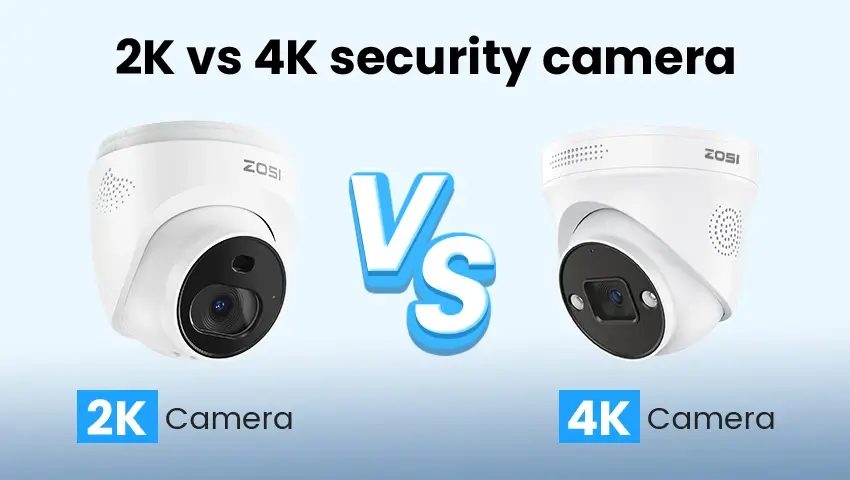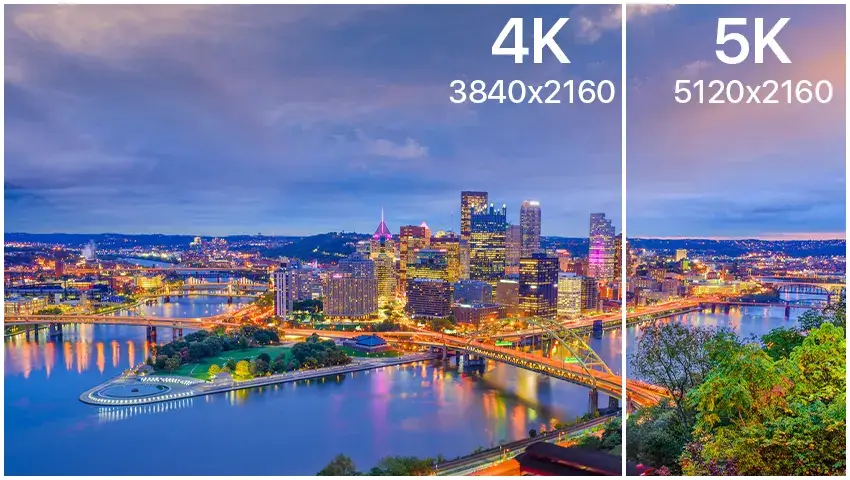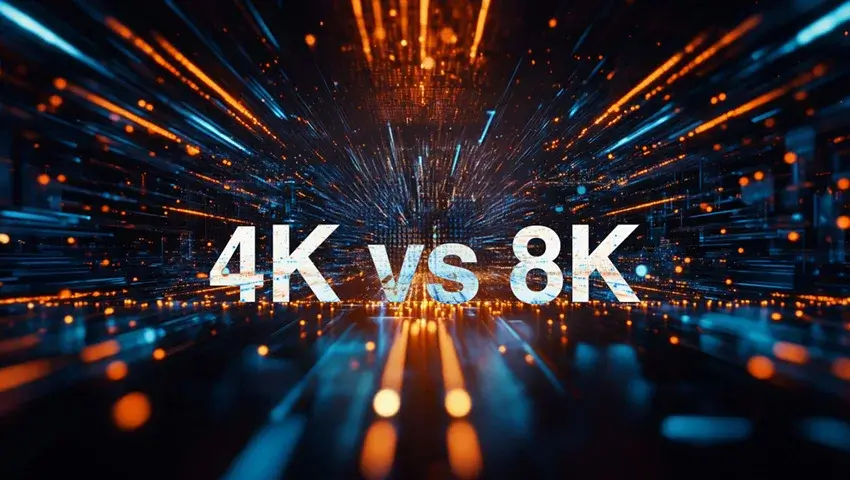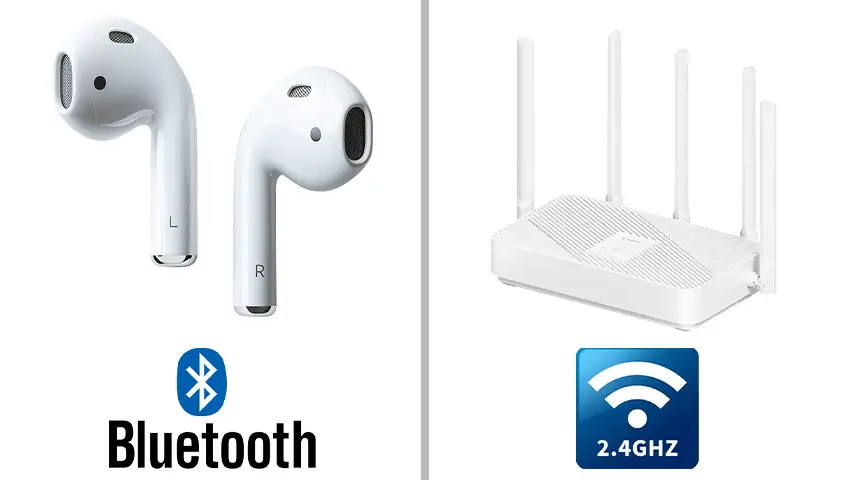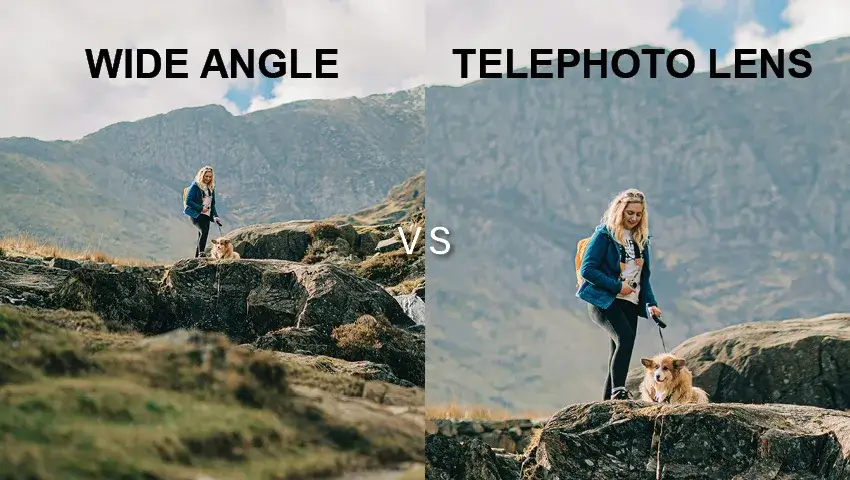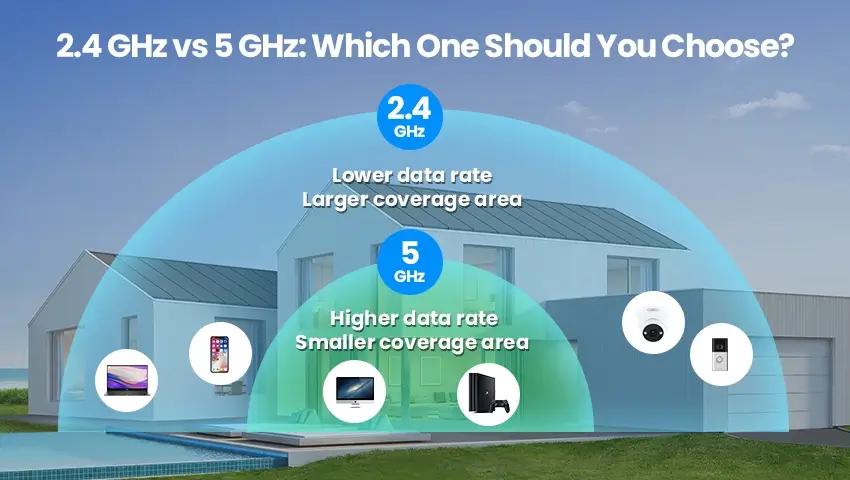The debate between 2K vs 4K security cameras often leaves consumers wondering which option offers the best value and performance for high-resolution surveillance. With advancements in technology, both have become popular choices, but which is the better option for your needs? Let’s break down the key differences to help you make an informed decision about securing your home or business.
Contents
Resolution: The Key Difference
The most significant difference between 2K and 4K security cameras lies in their resolution. A 2K camera typically offers a resolution of 2560 x 1440 pixels, while a 4K camera boasts a resolution of 3840 x 2160 pixels. This means that 4K cameras provide four times the number of pixels compared to 2K cameras, resulting in sharper and more detailed images. If you need to capture fine details, such as facial features or license plate numbers, a 4K camera is the superior choice.
1. Field of View
4K cameras often come with a wider field of view (FOV) compared to 2K cameras. This means you can cover more area with a single 4K camera, reducing the number of cameras needed for comprehensive coverage. However, if your surveillance area is smaller or you need to focus on specific spots, a 2K camera might suffice.
2. Storage and Bandwidth
Higher resolution comes with a tradeoff: 4K cameras require more storage space and bandwidth compared to 2K cameras. If you plan to store footage for extended periods or stream it remotely, you’ll need a robust storage solution and a strong internet connection. On the other hand, 2K cameras are more storagefriendly and consume less bandwidth, making them a costeffective option for those with limited resources.
3. LowLight Performance
Both 2K and 4K cameras have made significant strides in lowlight performance, but 4K cameras often come equipped with advanced sensors and technologies like infrared (IR) night vision. This makes them better suited for monitoring in lowlight or nighttime conditions. However, some highend 2K cameras also offer excellent lowlight capabilities, so it’s worth comparing specific models.
4. Cost Considerations
4K cameras are generally more expensive than 2K cameras, not only in terms of upfront costs but also due to the additional storage and bandwidth requirements. If you’re on a tight budget, a 2K camera might be a more practical choice, especially if you don’t need the highest level of detail.
When to Choose 2K
- You have a limited budget.
- Your surveillance area is small or focused.
- You don’t need ultrahigh detail for identification purposes.
- You want to save on storage and bandwidth costs.
When to Choose 4K
- You need the highest level of detail for identification or evidence.
- You have a large area to monitor and want to reduce the number of cameras.
- You have the infrastructure to handle higher storage and bandwidth demands.
- Lowlight performance is a priority.
Conclusion
Prioritize your specific surveillance goals and select the resolution that best aligns with your budget and technical capabilities when deciding between 2K vs 4K security cameras.
-
2K: A solid choice if cost-effectiveness is a priority and ultra-high resolution isn’t required.
-
4K: The preferred option if you need the best possible image quality and have the resources to support it.
Ultimately, the best camera depends on your specific needs, budget, and infrastructure, ensuring the protection of your property and providing peace of mind.
